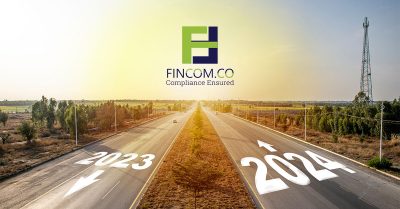Business and tourism are booming in the UAE, making it one of the world’s largest business and tourism centers. Furthermore, it is positioned geographically and politically at the crossroads of the USA, Europe, Middle East, Asia, and Africa.
Some US dollar correspondent banks, however, have terminated their business ties with UAE exchange houses due to the extremely high costs they have to bear in order to ensure that the exchange houses aren’t involved in laundering money or funding terrorist activities.
The UAE strives to position their exchange houses as trusted and fair players in the global market. As a result, the issue of compliance and monitoring starts expanding to the world of exchange houses.
An exchange house involved in money laundering had its license revoked by the UAE Central Bank (CBUAE) as far back as 2016. In 2018 The Central Bank of the UAE issued a document laying out standards of compliance for Exchange Houses. Exchange Houses were required to comply by January 2019.
UAE Central Bank recognizes the importance of ties between US correspondent banks and UAE exchange houses and continues to implement measures that will ensure greater transparency and strict anti-money laundering (AML) and combatting the financing of terrorism (CFT) practices.
To establish itself as a trustworthy and stable player in the global market, the CBUAE has recently (Nov. 17, 2021) issued a new set of rules for licensed exchange houses. The licensed exchange houses will be governed by very strict guidelines, which are expected to regulate every aspect of operations, risk management, control, monitoring, and reporting. The exchange houses are required to prove compliance with these rules within one month, taking Financial Action Task Force (FATF) standards into account, as well.
Managing and mitigating risk is one of the most critical and sensible issues for exchange houses in the UAE, since an important part of their operations revolves around international and cash transactions.
Exchange houses in the UAE are required to develop and carry out programs aimed at preventing money laundering or terrorist financing. Control and monitoring cover both internal and external aspects: strict internal procedures and operations, on the one hand, and customer inspections and verifications, along with transactions monitoring, on the other. It will, without a doubt, require the exchange houses to invest a lot of resources, both financial and human. They will also need to develop sophisticated processes and utilize technological platforms that would enable and ensure compliance with those guidelines. All these efforts are aimed at maintaining their status as a recognized player in a suspicious, but very promising, global market.






